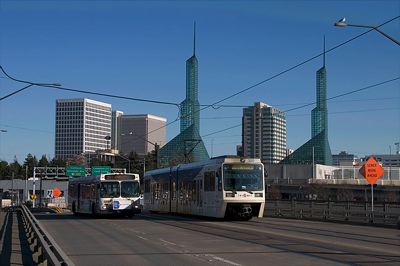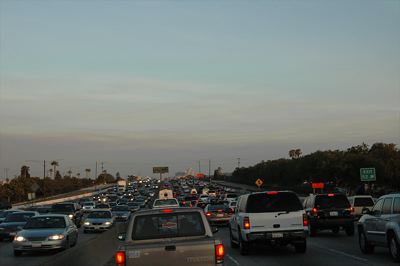Russians say that Americans don’t have real problems, so they make them up. Urban sprawl is one of those made-up problems.
Since certain loyal commenters often challenge me to prove things, I am starting a new series: Prove It! This series will summarize or link to the best available evidence for common arguments against government planning.
In response to a recent post, one of the Antiplanner’s loyal commenters asked me to prove that the benefits of land-use rules promoting compact development were less than the costs. So my first Prove It will focus on the so-called costs of sprawl. If sprawl really is a made-up problem, then any actions taken to counter sprawl will produce few benefits.

Flickr photo by Craig L. Patterson.









